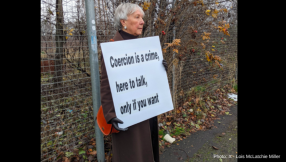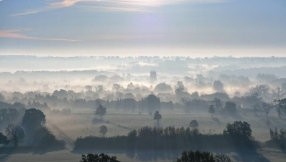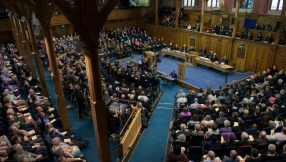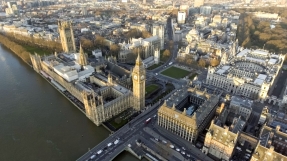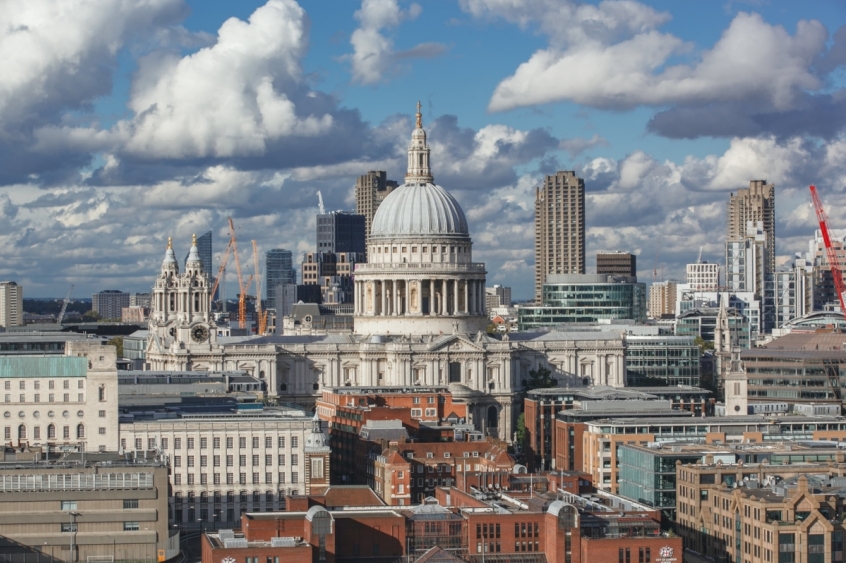
The Archbishops of Canterbury and York have joined with leaders of other faith communities in urging the Government not to close places of worship during the lockdown.
In a letter to Boris Johnson, they say that there is "no scientific justification" for the suspension of public worship, and that the last six months have shown how important it is to people's wellbeing.
The faith leaders, who also include Chief Rabbi Ephraim Mirvis, call public worship an "essential sign of hope" that should be classed as "necessary" by the Government.
England is set to go into a second national lockdown on Thursday, with restrictions preventing in-person services and religious meetings.
Places of worship can open their doors only in a limited set of circumstances, for funerals, individual prayer, formal childcare, the provision of key public services, or for the broadcast of worship.
The letter to the Prime Minister argues that in the months since the last national lockdown, faith communities have "gone above and beyond" what was required of them to keep worshippers safe.
"We have demonstrated, by our action, that places of worship and public worship can be made safe from Covid transmission," they write.
"Given the significant work we have already done, we consider there to be, now, no scientific justification for the wholesale suspension of public worship.
"We understand entirely that the country faces significant challenges and the reasons behind the Government's decision to bring in new measures. But we strongly disagree with the decision to suspend public worship during this time.
"We have had reaffirmed, through the bitter experience of the last six months, the critical role that faith plays in moments of tremendous crisis, and we believe public worship is essential."
The faith leaders go on to argue that public worship is "essential" to sustaining the response of faith communities to the pandemic.
"Without the worshipping community, our social action and support cannot be energised and sustained indefinitely," they say.
"Our commitment to care for others comes directly from our faith, which must be sustained and strengthened by our meeting together in common worship."
They conclude by saying that many people have turned to faith communities during the pandemic to help them deal with "trauma, grief and loss", and should be allowed to continue to do so.
"The public mental health impact of this has been significant, and [public worship] provides an important way of supporting the nation without overburdening NHS and other mental health services," they said.
"From a social psychological perspective, faith communities who consistently embody behaviours and attitudes that are covid-19 safe and hopeful provide encouragement to others through modelling these behaviours and attitudes. They are part of the journey to recovery.
"Public worship is therefore an essential sign that we can find new ways of living with Covid-19 until the vaccine is found, and part of the psychological and social cohesion needed to exit restriction measures. Public worship should therefore be supported to continue."










